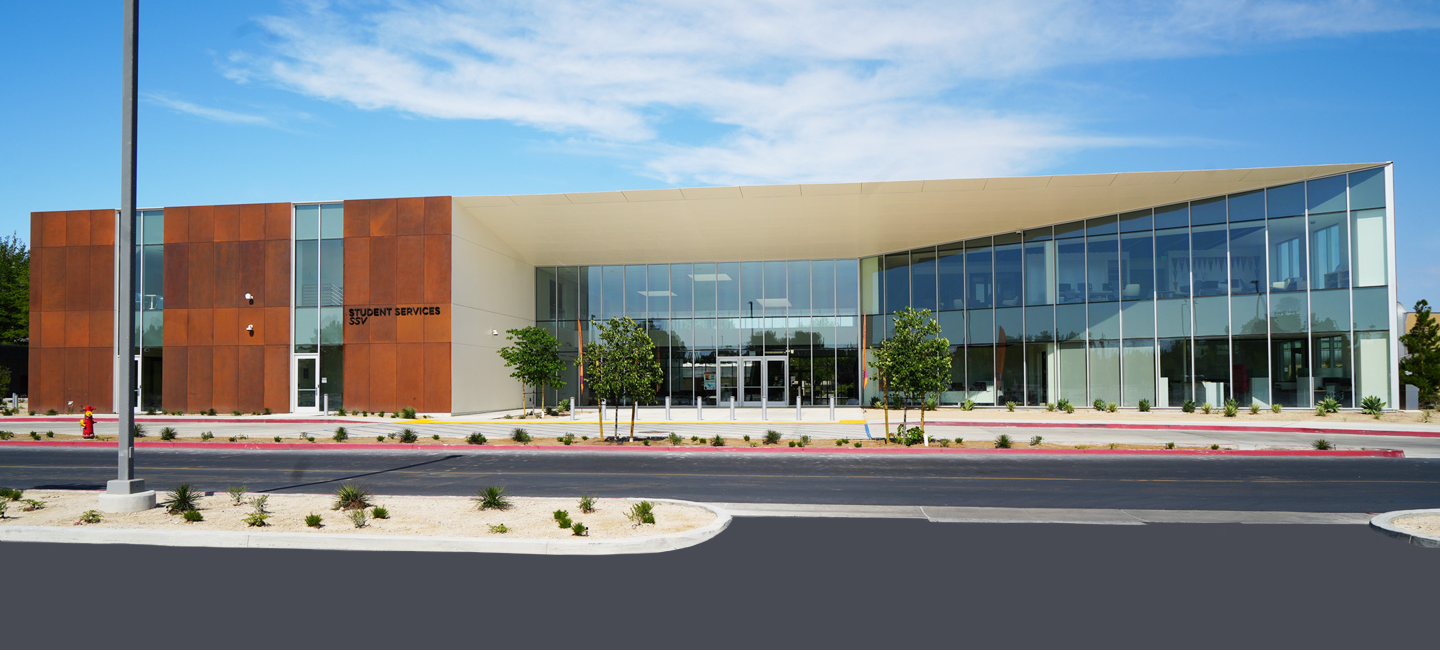
The driving forces behind curriculum development in our program are knowledge in child development and child observation. The observations of each child and the group as a whole lead to individualization of teaching/learning and meeting the unique interests and developmental needs of each child. It is important to note that the curriculum is integrated and the specific skills are not taught in isolation, but are intertwined in a variety of age appropriate activities.
Throughout the day children have multiple opportunities to discover and learn about the world around them. Through hands-on activities children learn about human, plant, and animal life; nutrition and safety awareness; math and science concepts; arts; social world, etc. Children develop thinking skills through making predictions, experimenting, making choices, solving problems, and expressing themselves in a variety of media. Teachers encourage experimentation and practice while accepting differences in accomplishment.
Age and individually appropriate large and small motor activities are part of a daily schedule both indoors and outdoors. Space is safe, planned, varied, and adapted to meet diverse physical abilities of the children. The activities are open enough to allow each child to master them at his/her own level.
The children are exposed to print media and language throughout the classroom. Children are offered opportunities to develop skills in expressing thoughts and are encouraged to use language in any form. Literature addresses every aspect of life such as various family styles, cultural, economic, and linguistic backgrounds. Children with speech delays are offered additional activities consistent with their IEP (Individual Education Plan) goals.
Problem solving, cooperation, expression of feelings are just a few of the daily tasks of living together that nurture the social/emotional growth of young children. Non-bias, non-sexist group and individual activities and fully inclusive classrooms foster children’s positive self-esteem and sense of identity. The curriculum encourages teachers to respect differences among children and be responsive and sensitive to each child’s unique needs, interests, and abilities. Flexible, but predictable routines allow the child time to investigate and pursue an idea, fostering autonomy and self-assurance.
The program at the Child Development Center encourages the child’s natural and fundamental thrust towards creative expression. Creativity in every form is encouraged, and facilitated through a wide range of materials and opportunities for self-expression and exploration. The teachers provide children with many opportunities to experience a variety of forms of art, music, drama, visual arts, culture, languages, etc. Dramatic play is open-ended; it is often changed, and it takes children into many different directions. It reflects the children in the classroom, their families, and neighborhoods. We try to include children’s families and their interests in our curriculum as much as possible. They are always encouraged to bring their own experiences, traditions, and language into the school and to share them with the children.
